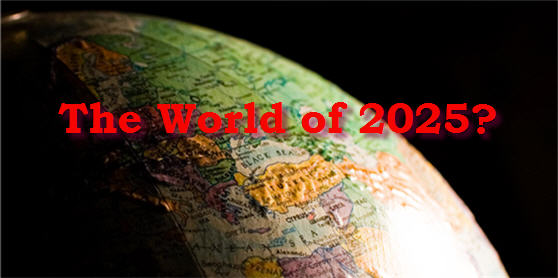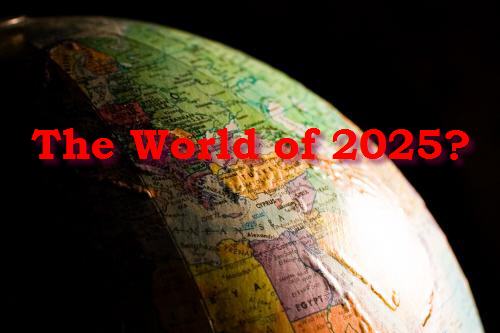
The National Intelligence Council’s “Global Trends 2025: A Transformed World” report considers likely scenarios for nearly all strategic global issues, including nuclear proliferation, terrorism, and climate change. Climate change in particular is an issue that we will be faced with on a daily basis two decades from now.
The current climate debate surrounds efforts at mitigation, but what the NIC report rightly focuses on is the anticipated impacts from the change in climate that are likely inevitable despite current efforts at mitigation. These involve volatile weather and temperature patterns that will affect water, food, and energy supplies – all basic necessities for economic development. Regarding the impact on water supplies, the report points out:
“[L]ack of access to stable supplies of water is reaching unprecedented proportions in many areas of the world … and is likely to grow worse owing to rapid urbanization and population growth…. Demand for water for agricultural purposes and hydroelectric power generation also will expand. Use of water for irrigation is far greater than for household consumption. In developing countries, agriculture currently consumes over 70 percent of the world’s water.”
The crucial point that we must take away from this trend is the link between these environmental scenarios and violent conflict. Climate change will likely worsen the state of already scarce resources. Many water resources are shared by more than one country, a situation ripe for interstate violence when the resource runs low. Darfur and Somalia have already seen conflict over competition for arable land, which is likely to become less available with anticipated climate impacts.
Sadly these trends are most prevalent in those countries that lack the social institutions to handle the increasingly stressful scenarios. This not only leads to unrest and distress within these countries, but also results in their citizens seeking shelter in places better equipped to deal with the changing environment. “Global Trends 2025” references the estimate of the Stern Review that “by the middle of the century, 200 million people may be permanently displaced ‘climate migrants.’” Such anticipated migration will undoubtedly lead to security stresses across the globe.
This is, of course, not to say that mitigation efforts should be abandoned. Clearly the impacts we are likely to see will only be worse without current local, regional, and global attempts at reducing greenhouse gas emissions. However, as the Stockholm Network’s Carbon Scenarios demonstrate, even the most ambitious plans to mitigate climate change still leave us with a greater than 90 percent chance of increasing temperatures by 3°C on average. This means that some regions will see even greater temperature increases, and it is those increases that will have the most system-disrupting impacts. Recognizing this will significantly improve countries’ preparedness for such events and will acclimate the public to the reality that there will be some major tradeoffs in the future regarding the use of energy and resources across the globe.
Erica McCarthy is assistant director of the Atlantic Council’s Energy and Environment Program. Photo by Flickr user ToastyKen modified under Creative Commons license.
GLOBAL TRENDS 2025 SERIES:
- Global Trends 2025: A Transformed World
- NIC Chairman Thomas Fingar Presents “Global Trends 2025”
- Predicting the Future is Hard – And Necessary – James Joyner
- U.S. Dominance Ending – James Joyner
- Terrorism Here Today, Gone Tomorrow? – James Joyner
- Asia’s Ascendency Seen in Intelligence Forecast – Joseph Snyder
- Climate Change Will be More Severe in 2025 –Erica McCarthy
- Economic Rise of the East – James O’Connor
Image: globe-2025_2.jpg
